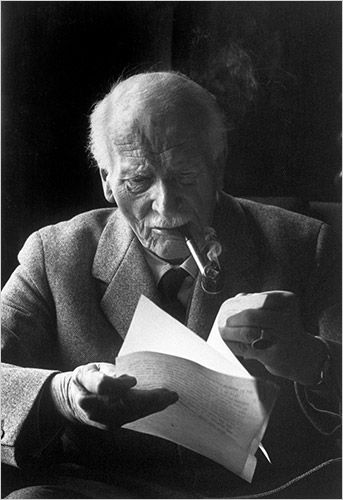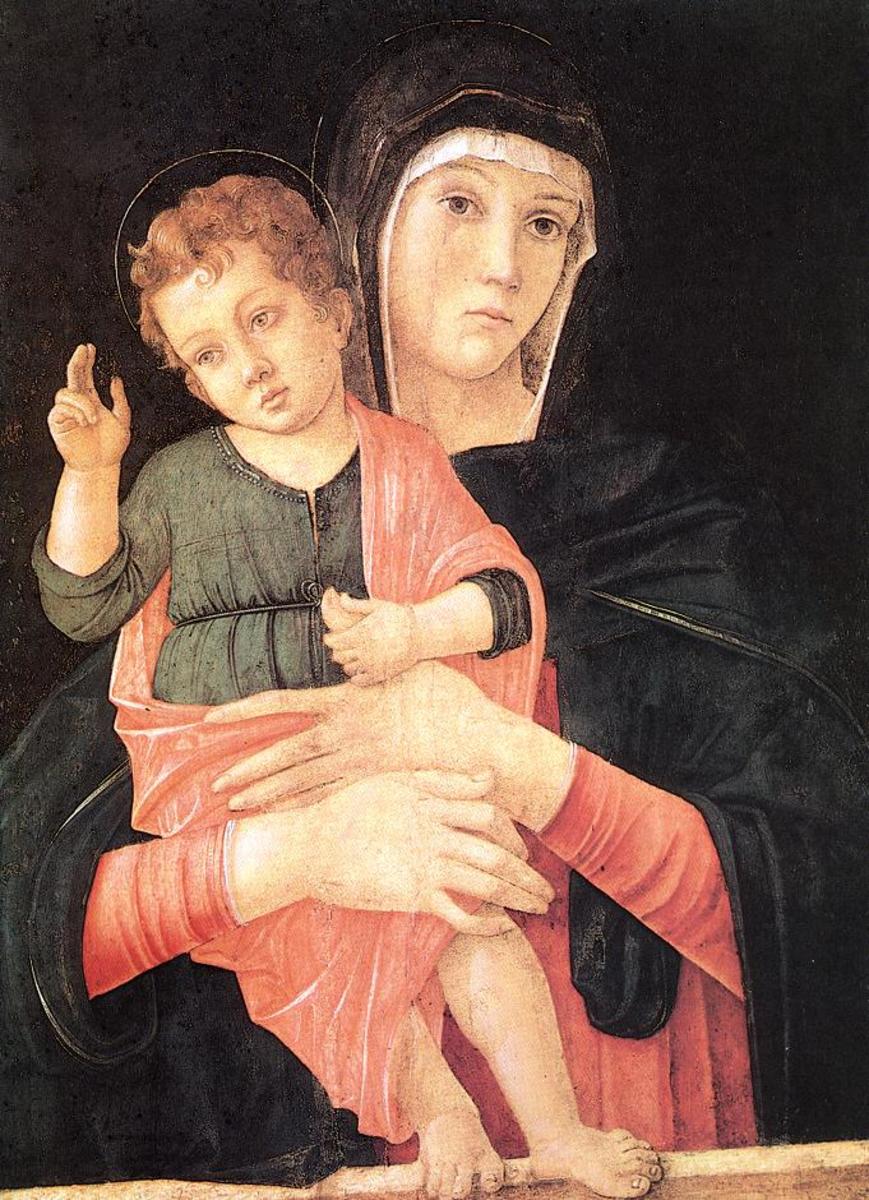Constant Scrutiny Over the Church

The Questioning Faithful
I am not a theologian. I am not a priest. I have no credentials in the scientific field. But, I have some strong opinions about what the church has done to religion.
If I had to label myself, I'd offer that I'm a Catholic with a scientific bent. Maybe that qualifies me as an agnostic, I don't know.
As a child I had a strong, lasting, enigmatic dream involving Jesus at the Last Supper. In the dream the apostles are situated around a table in the background. Looking through my large bedroom window stood Christ. He stood there looking in at me with an expression that is taking me a lifetime to interpret. The power of the dream was reinforced by the one in a million chance that my sister had the same dream on the same night.
The dream was so powerful that I could no longer sleep in the room -- instead I felt more comfortable on the couch in the living room -- and that lasted for several years. Beyond the period of the dream, I was a typical Catholic boy -- attending to my confessions and receiving communion nearly once a week. Later, I had a break with religion when I made a pact with God who failed to deliver on my request.
I smashed all the icons in my bedroom and gradually convinced my mother that I had nothing to gain from church attendance. I told her that I felt like a hypocrite by continuing my attendance at church.
After a long struggle, she gave up on me.
For a long period afterward, I had no need of the church (or so I thought). I got along fine thinking my scientific thoughts as they dissected the Bible and added strength to my convictions that religion was only for those of a weak and unanalytical mind.
Not until I had graduated college did I plunge my interest into Buddhism, finding it a far superior form of adapting to life than the belief in a monotheistic God and a savior. Oddly enough, my study of Buddhism led me to the works of Joseph Campbell and Carl Jung -- both strong followers in the non-coincidental symbolism in various religions throughout the ages.
This led me back to a second look at Christianity. Taken on a symbolic level, Christianity was far more compelling and convincing. Jung advised that any attempt to follow the Eastern philosophies (e.g., Buddhism or Taoism) were bound to leave the practitioner unsatisfied because of different psychological approaches to life. Jung advanced the idea that an adoption of Eastern philosophies would eventually leave a follower high and dry because he/she had been schooled in the analytical/deterministic/scientific brand of thinking. Western-born acolytes could not help but attempt to dissect and explain the basically ethereal/mystical following of Buddhism/Taoism. In short, anyone who pursued that direction would be a fraud to a real, intimate understanding of the supernatural.
This understanding led me to reexamine much of the Western approach to religion and understand it from a symbolic rather than literal level. And this is where I had my second confrontation with the church. I read the Gnostic gospels and other Christian writings that pre-dated the Bible we are left with today. I was left with another quandary. Through additional reading, I understood that in the early formation of Christianity there were various interpretations and writings that were not included in the Bible -- and I wondered why.
For one, I learned that these early Christian documents created inconsistencies that the church did not find helpful. I wondered: Well, even if these writings were not considered mainstream, why not include them in the Bible as an addendum?
Additional reading led me to understand that the Christian Church became a powerful governmental agency, which decided what was heresy on the fly. The power of this religious-based government led to the Inquisition and a thousand years we call the "Dark Ages." The church stifled any antithetical thinking -- including early Christian thought/perception and any form of science -- once considered as a form of witchcraft.
There is no forgiving this thousand year purge of new thinking nor the tortures the church inflicted upon those who seemed to deviate from the "norm" in any shape or manner.
Thus, I came to the conclusion that the church and not the authentic experience and teachings of Christ were what I rebelled against. My current evaluation of the church finds it in a quandary. It makes middling excuses for its involvement in the Crusades, yet still does nothing to incorporate "extraneous" texts from its history.
To my way of thinking the church should incorporate all known Christian texts and let the reader decide how this fits in with his or her perception of truth or falsity. In the practice of treating its following as mindless idiots, the ranks of the church have dwindled dramatically. When I refer to the "church," I refer to the Catholic and Orthodox practices. For me, every other "church" is copping out on one level or another for the sake of convenience.
It's practices may remain strict without having to compromise authenticity. To this day I have no easy explanation of my Christ dream. Perhaps on an unconscious level it points out my ongoing struggle between the rational and the irrational. Though an adherent to science, I fully accept the concept that science cannot explain supernatural events and that these events may occur with far more regularity than currently accepted.









